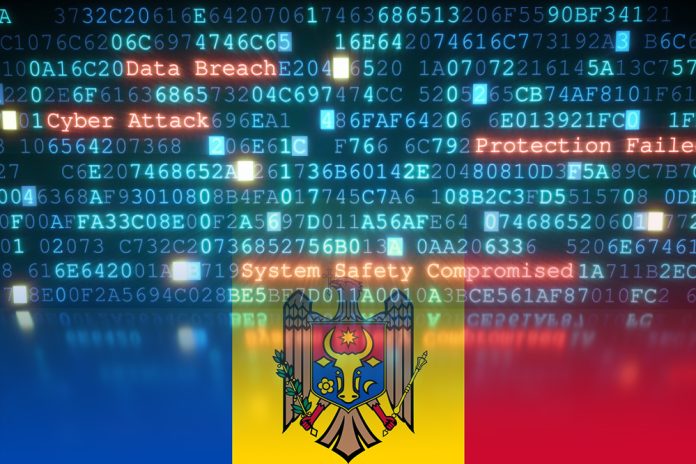Digitalization is increasingly vital in our daily lives and exposes us to hybrid risks. Prime Minister Dorin Recean emphasized this point at the Moldova Cybersecurity Forum 2025 in Chisinau, stressing that every citizen, public institution, and private company plays a key role in ensuring a safe digital space.
At the forum, the Prime Minister outlined the government’s recent efforts to bolster digital security in Moldova.
He highlighted the launch of the National Innovation Institute in Cybersecurity, “Cybercor,” at the Technical University of Moldova (UTM) last year. The institute provides an environment for training the next generation of cybersecurity experts.
The Prime Minister also noted that the Cybersecurity Agency is working to build a cybersecurity culture based on education and cooperation, involving key sectors in enforcing cybersecurity protection standards.
FOR THE MOST IMPORTANT NEWS, FOLLOW US ON TWITTER!
“We are part of a regional and global digital security network that helps us implement best practices to safeguard our online activities,” Recean concluded.
Deputy Prime Minister and Minister of Economic Development and Digitalization Doina Nistor emphasized that cybersecurity is the foundation of a digital state.
“Digitalization is more than a priority; it’s a promise to build a modern, safe, and people-focused state,” Nistor said. “While digitalization brings immense opportunities, it also presents real risks. A single cyberattack can disrupt businesses, erode trust in the government, and weaken democracy. Just two years ago, Moldova lacked a cybersecurity law, a dedicated institution, or a coordinated response system. Today, we have the Cybersecurity Agency, and through Cybercor, we are investing in training a new generation of experts to protect the country’s digital infrastructure.”
The Moldova Cybersecurity Forum is a key cybersecurity event. The forum’s agenda covers current challenges in the digital space and strategies for enhancing the country’s cyber resilience.
According to statistics, over 65% of public services for businesses and 54% of services for citizens are already available online. The government aims to make all public services digital by 2030, ensuring they are accessible anytime, anywhere, without queues or unnecessary bureaucracy.


